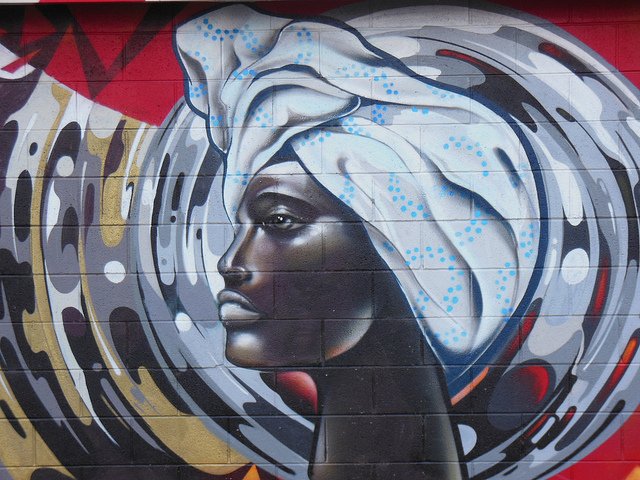- Title: The Hundred Wells of Salaga
- Author: Ayesha Haruna Attah
- Publisher: Cassava Republic Press
- Number of pages: 231
- Year of publication: 2018
- Category: Fiction
The Hundred Wells of Salaga is historical fiction that offers insights into contemporary life through two strong female characters, Wurche and Aminah, whose paths cross and whose actions smash stereotypes and open pathways for other trapped women. The novel’s female characters are imbued with strength and freedom of choice; they are initially silenced by the patriarchy but they are ultimately fulfilled.
In the novel, people consider marriage an achievement for a young woman, but Wurche, the daughter of a chief, is not interested in marriage. She refuses to learn how to be a good wife according to the Koran. She wants to assist her father in court. She feels that she can do anything her brother can. The narrator states, ‘Wurche and her grandmother, Mma were seen representing the family in the men’s absence’.
Through these strong characters and their desires, the novel deals with the subjugation of women clearly. For example, Wurche’s grandmother is forced to kneel to a younger man, despite the discomfort:
The woman had been complaining about aches in her knees for the past month. Shaibu was the one who should defer to her, not the other way around. But because he was a man, because he was a prince, Mma couldn’t keep it.
Wurche is eventually forced to marry Adnan, a man she detests, for the sake of her family. He is abusive but no one will listen to her. As a good Muslim wife, she is expected to suffer in silence. In revenge, she embarks on an extramarital affair with Moro, her long-time crush. By and by, she makes up her mind to reclaim her freedom. She confesses to her affair and leaves her matrimonial home in the company of Aminah, her slave, to stay in Kete-Krachi with her mentor and teacher. There, she meets up again with Moro and tries to rekindle their affair. Unfortunately, he now has eyes only for Aminah. Wurche initially withdraws into herself but then gradually falls in love with Helmut, one of Moro’s friends.
Wurche is portrayed as a remarkable woman who does not allow rejection bring her down. She always has an alternative plan, which is one of the qualities of a risk-taker.
Aminah, on the other hand, is quiet and unassuming but clear about what she wants. She travels by camel or horse with a sack full of shoes for sale, carrying on her father’s trade. She prefers making things with her hands and travels far and wide to sell them instead of idling around the village, waiting for men her grandfather’s age who are looking for yet another, younger wife. She is a beauty to behold, more beautiful than her stepmother, who resents her as a result.
Aminah goes through a lot at a young age: her father goes missing, her hut burns down, she is repeatedly harassed by her guardian and almost raped by his eldest son, a war in her village turns her into a slave. She escapes slavery after the war but she is captured again and sold to a man who then sells her on to Wurche. In her retelling of slavery, the author uses her female characters to portray the quest for gender equality and the respect for women, with their inbuilt strength as stated in the Koran.
The feminist thread is subtly woven into all the layers of the novel. Gender stereotypes that are used to subjugate women are exposed by the author through her female protagonists, who struggle against the suffocating demands of society and become victims of war. The author also highlights the importance of female bonding. Wurche bonds with Aminah, even though they hardly speak. Aminah bonds with her twin sisters, who have dreams that speak about the future. She also bonds with the other girls in her guardian’s house, thereby easing the hardships of their situation and even, sometimes, giving them something to laugh about.
Wurche’s father dies after she returns to her village. Interesting developments both precede and follow those two events, the death and the return, and the author uses those developments to explore the themes of sacrifice and love. After her father’s death, Wurche begins a revolution in her community by calling for unity among her people in order to stand against their enemies. She says, ‘I’m ready to start talking to the women of Salaga, we will rebuild together. Tell the elders. They’ll listen to you. Enough people have died. It’s time to work’.
Photograph: ‘A Woman’s Strength’ by Michael Coghlan
Comments should be sent to comments@wawabookreview.com. Please use the appropriate review title in the email subject line.

